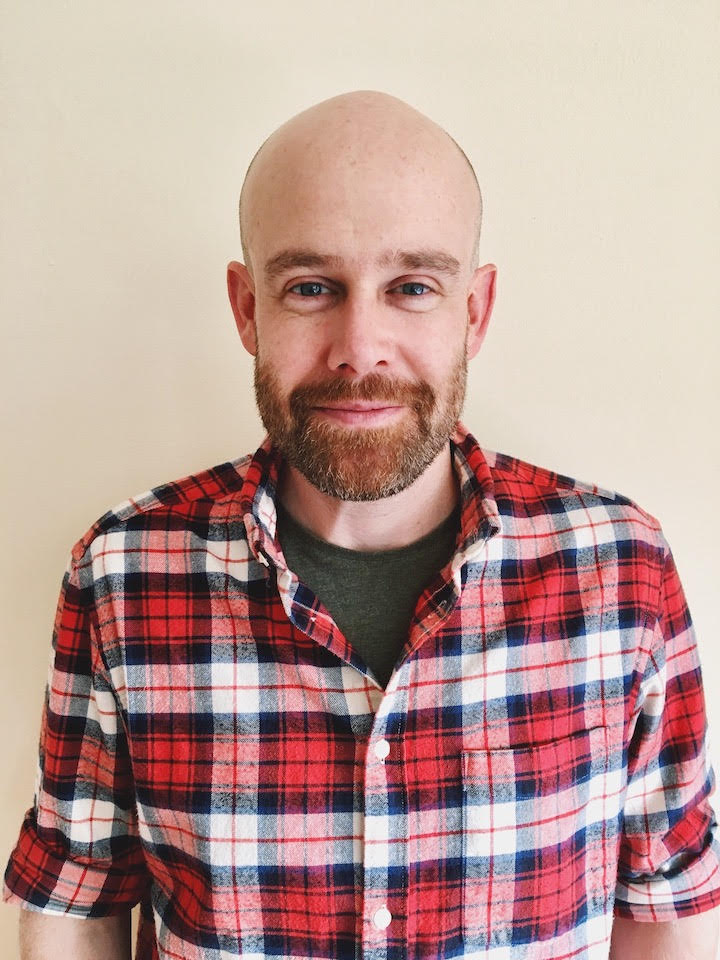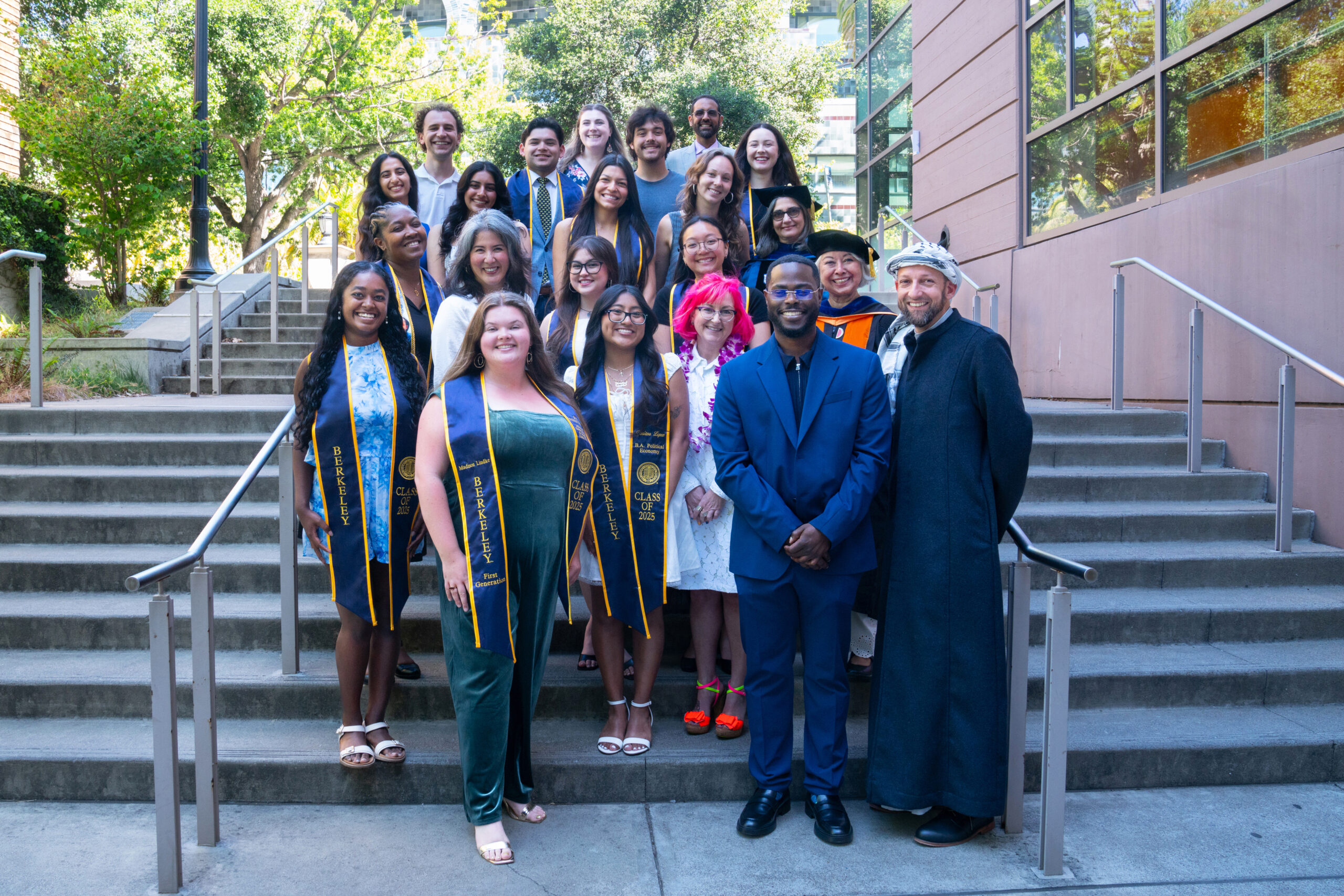It’s not easy — amid life’s various inflection points, large and small alike — to pinpoint one opportunity that reset the compass of one’s life trajectory. But Ross Doll recalls an experience that fits the bill.
Doll, a postdoctoral researcher in the Geography department, was an undergrad in English at Berkeley trying to fix his burnout from working too hard and grappling with heavy theoretical questions with even more hard work and academic dedication. “I started to feel very detached from the world around me,” he recalls. “Because I had lost all sense of perspective, I couldn’t solve the problems I was considering.”
As a senior, he joined a Berkeley School of Education program that trained undergraduates in tutoring youth who needed help with reading. “It mattered so much to connect with my student, to slow down to his pace and see the world from his perspective, and to make a small difference in his life,” Doll says. “I don’t think I could have articulated it at the time, but tutoring made my world feel bigger, grounded, and purposeful.”
“This program,” he adds, “saved me.”
His new perspective ultimately led to two years in Romania through the Peace Corps and six years working and studying in China. Amid a slew of academic publications, intensive Chinese-language programs, fellowships, and teaching appointments, Doll earned his master’s in China studies and Ph.D. in geography from the University of Washington. Now, the Ciriacy-Wantrup Postdoctoral Fellow in the Department of Geography can add lecturer with the Global Poverty and Practice minor to his extensive résumé. This fall, Doll will teach GPP 115: “Global Poverty: Challenges and Hopes.”
“I see the goal of the GPP minor as providing a grounded and community-focused experience,” he says. “So, GPP 115 appeals to me because it provides a kind of full-circle moment to encourage and help inform such engaged learning opportunities for current UCB students. I’m honored and thrilled to be a part of it.”
GPP 115 focuses on 20th-century development and 21st-century poverty alleviation, including popular ideas of poverty alleviation, the institutional framework of poverty ideas and practices, and the social and political mobilizations that seek to transform the structures of poverty. Doll’s research draws on critical development studies, long-term ethnography, cultural geography, and political ecology in his focus on agrarian change in Asia. His expertise includes understanding how history, place, and security — or insecurity — play into “the uneven geographies of development in rural China” under the government’s modernization of agriculture.
“We are thrilled to welcome Dr. Doll as our new lecturer for GPP 115,” says Clare Talwalker, GPP minor lecturer. “This course serves students all across campus, introducing them to historical and contemporary debates on addressing poverty and inequality in the world. Dr. Doll’s extensive experience in the disciplines of critical development studies, political ecology, and cultural geography will bring a valuable perspective to this course.”
For Doll, the deepest learning experiences happen when students can apply what they’re studying through their own experiences — “when what you’re studying seems relevant, applicable, and/or has personal stakes,” as he puts it.
Take corruption in Romania. The issue meant nothing to Doll before he moved there and got to know folks who suffered from the resulting income inequality and “a common feeling of resignation.” That inspired Doll to study the origins of that corruption, which included the role U.S. foreign policy plays — and by extension, “my own decisions, perspectives, and values.”
As well as seeing his Romanian neighbors as people like him, “I also came to care about the issue of corruption because I saw how I was complicit in its creation and maintenance,” he says. “Which was an awful realization, but also an empowering one, since I could see the role I could play in changing that situation.”
“Those two points of care and connection — to my friends and to my actions — self reinforced and encouraged me to dig deeper and to be more conscious of how I lived my life,” he adds.
By bringing those “points of care and connection” to the classroom, Doll believes students’ resulting sense of responsibility and empowerment will drive them to dig deeper into the ideas, problems, contexts, and solutions the GPP minor will explore, including through a hands-on practice experience.
“You start to see that not only can you not impose your values on [students] or tell them what to think, but there’s no need to, because that spirit of inquiry from the foundation of responsibility and empowerment will guide them,” he says. “And that kind of self learning is so much more powerful and lasting than any ideology or perspective you could try to articulate or impose anyway.”




